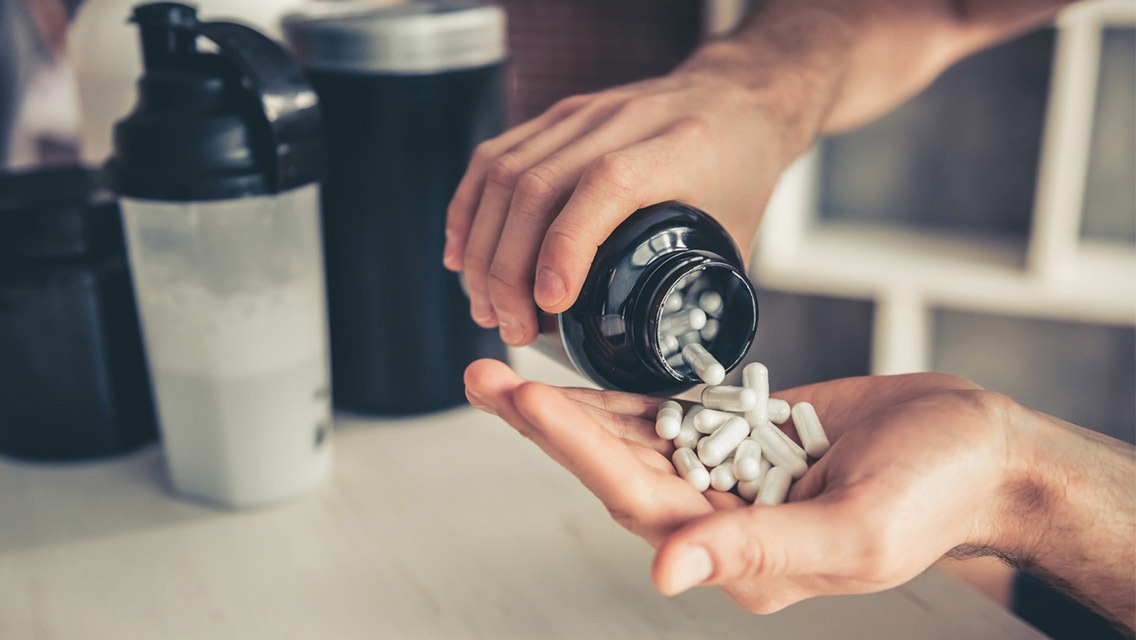
Introduction
You’ve probably heard the phrase “beauty sleep”—but it’s more than just a saying. In reality, sleep plays a critical role in your skin’s health and appearance. During the night, while your body rests, your skin goes into full repair mode—fixing damage, rebuilding collagen, balancing hydration, and fighting inflammation.
No cream, serum, or facial can match the transformative power of consistent, quality sleep. In this blog, we’ll dive into the science of beauty sleep, explore what happens to your skin overnight, and share practical ways to optimize your rest for glowing, healthy skin.
1. What Happens to Your Skin While You Sleep
Nighttime is when your skin repairs, regenerates, and renews.
Here’s what occurs during your sleep cycle:
- Cell turnover accelerates: Skin produces new cells and sheds old ones
- Collagen production increases: Helps maintain elasticity and prevent wrinkles
- Blood flow to the skin improves: Enhances nutrient delivery and gives you that “morning glow”
- Cortisol levels drop: Reducing inflammation and redness
- Hydration balance resets: Skin recovers moisture lost during the day
Sleep is your skin’s natural reset button. Lack of it? That’s when puffiness, breakouts, and dullness creep in.
2. Signs You’re Not Getting Enough Beauty Sleep
Poor sleep shows up quickly—especially on your face.
Common effects include:
- Dark under-eye circles
- Puffy eyes and facial swelling
- Increased breakouts and inflammation
- Dull complexion
- More visible fine lines and sagging
Sleep deprivation also triggers more stress hormones, which worsen skin conditions like acne, eczema, and rosacea.
3. Sleep and Collagen: Anti-Aging from the Inside Out
Collagen is the protein that keeps your skin firm, elastic, and smooth. During deep sleep, your body increases growth hormone production, which boosts collagen synthesis.
Benefits of adequate sleep for collagen:
- Fewer fine lines and wrinkles
- Improved skin texture and plumpness
- Better healing of acne scars and irritation
Skipping sleep regularly can accelerate the signs of aging far more than you might expect.
4. The Ideal Sleep Schedule for Skin Health
Consistency is just as important as duration.
Tips:
- Aim for 7–9 hours of sleep per night
- Stick to a regular sleep-wake schedule (even on weekends)
- Go to bed before midnight—your skin’s repair processes are most active between 10pm and 2am
- Avoid late-night snacking or screen exposure, which disrupt your body clock
Your skin thrives when your sleep is both deep and consistent.
5. Nighttime Skincare: Supporting the Repair Process
While sleep works its magic, your skincare can help enhance the process.
Ideal nighttime products:
- Gentle cleansers to remove makeup, sunscreen, and pollution
- Hydrating serums with hyaluronic acid or peptides
- Barrier-repairing moisturizers with ceramides or squalane
- Overnight masks for deep nourishment
- Retinol (if tolerated) to boost cell turnover
Clean, moisturized skin with targeted ingredients can make your beauty sleep even more effective.
6. Bedtime Habits That Support Glowing Skin
The way you sleep matters too.
Healthy sleep habits:
- Use a silk or satin pillowcase to reduce friction and prevent hair breakage or skin creasing
- Change pillowcases twice a week to avoid bacteria buildup
- Sleep on your back to avoid pillow-induced wrinkles
- Keep your room cool and dark to support deeper sleep
These small adjustments improve sleep quality and help protect your skin overnight.
7. Sleep and Hormones: The Skin Connection
Sleep helps regulate hormones that directly affect skin health:
- Melatonin: Boosts antioxidant activity and prevents damage
- Cortisol: Too much can lead to oiliness, acne, and inflammation
- Insulin and estrogen: Imbalances can worsen breakouts and pigmentation
When your sleep suffers, your hormonal balance does too—resulting in increased skin problems.
8. Sleep-Boosting Lifestyle Tips for Better Skin
Can’t seem to sleep well? Try these habits:
- Limit caffeine after 2 PM
- Turn off screens an hour before bed
- Use calming teas like chamomile or lavender
- Create a wind-down routine with skincare, reading, or meditation
- Avoid heavy meals late at night
Good sleep hygiene leads to smoother, brighter, and more balanced skin.
9. Bonus: The Psychological Beauty Boost
Good sleep doesn’t just improve your skin—it boosts your mood and confidence too.
Waking up well-rested makes you:
- Appear more alert and refreshed
- Smile more and frown less (reducing expression lines)
- Feel better, which reflects in your posture and energy
Radiance is a mix of how you look and how you feel—and sleep fuels both.
Conclusion
Beauty sleep is real—and it’s one of the most powerful tools you have for long-term skin health. When you prioritize rest, your body rewards you with smoother skin, fewer breakouts, brighter eyes, and better overall glow.
So tonight, skip the late scroll, fluff your pillows, and treat sleep like your most luxurious skincare ritual. Your skin (and your soul) will thank you in the morning.








